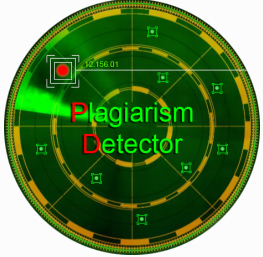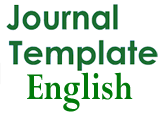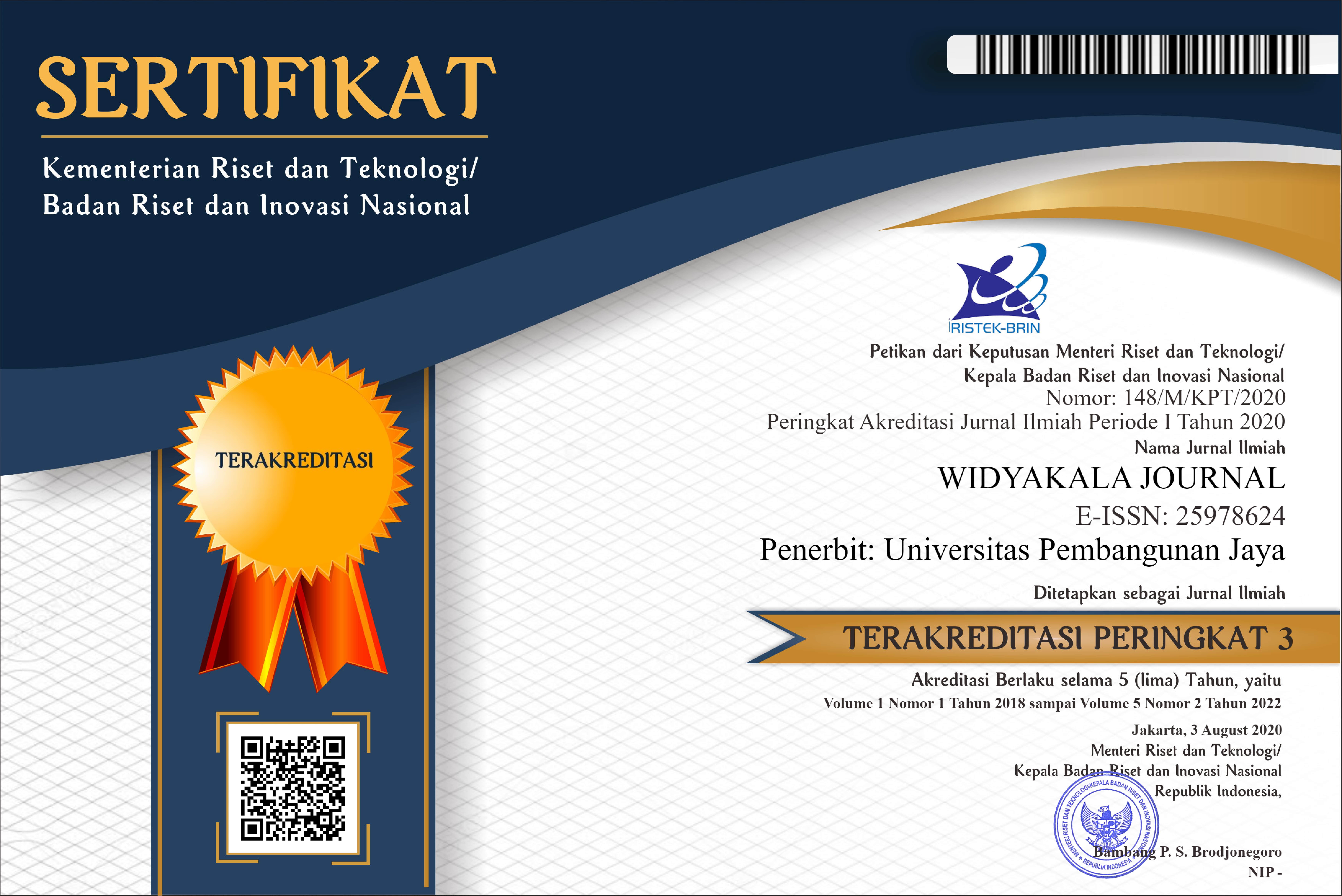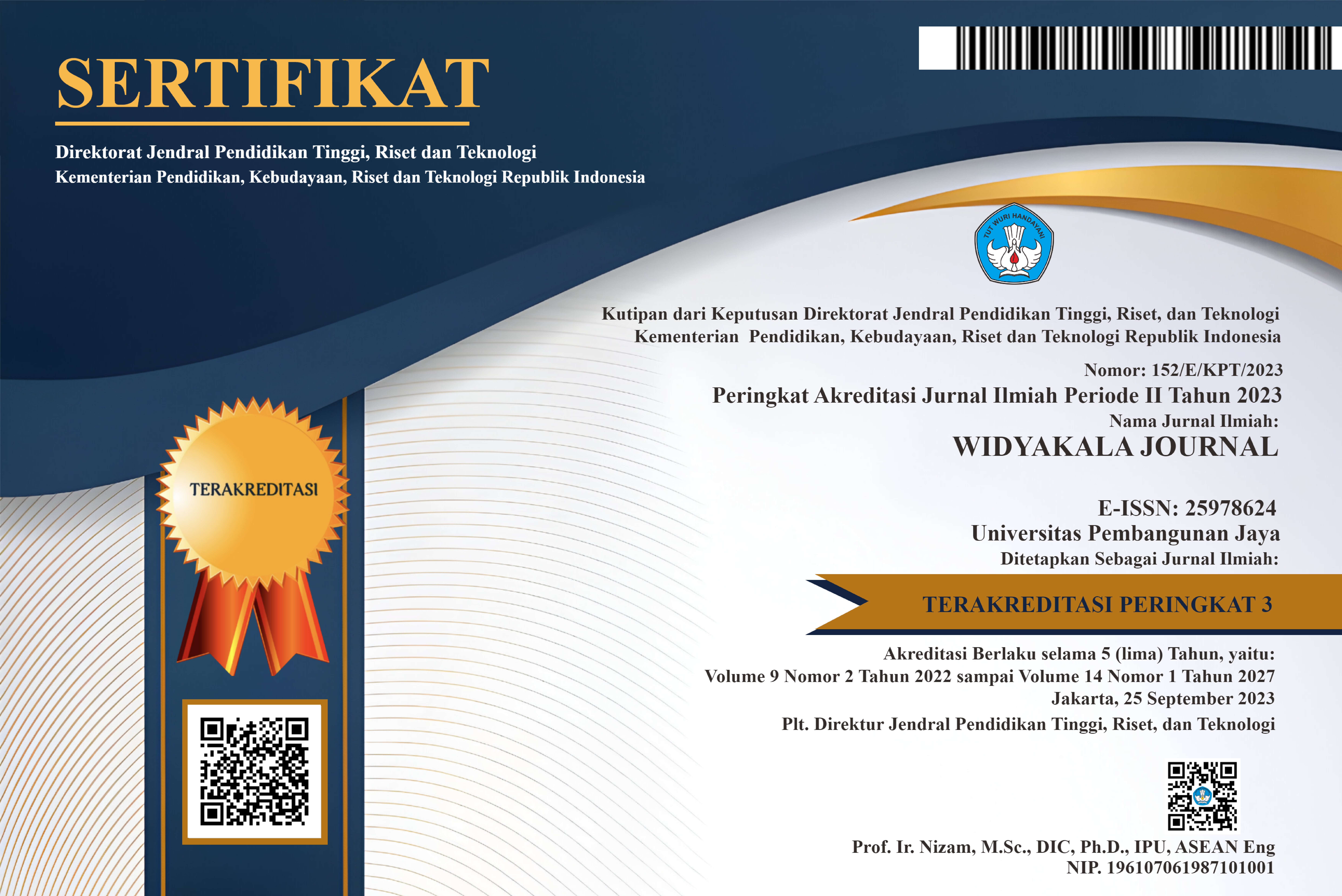Updated, March 2025
The Effect of Ethical Leadership, Code of Ethics on Integrity Mediated by Job Satisfaction
Abstract
This study aims to determine the effect of ethical leadership, code of ethics on police integrity mediated by job satisfaction in Bandar Lampung City Police. Police integrity is a crucial phenomenon, because this is the foundation to improve the performance of individuals and organizations as expected by the Indonesian National Police (POLRI). The number of samples in this study were 250 police officers from five different units in the structure of Bandar Lampung City Police. The sampling method used is purposive sampling and cluster sampling. Structural Equation Model Analysis (SEM) is also used to test the effect of ethical leadership, code of ethics and job satisfaction by placing job satisfaction as a mediating variable on police integrity.
In accordance with SEM analysis. This study finds that the code of ethics has an influence on job satisfaction (r = 0.45; p <0.00), and ethical leadership has a significant effect on job satisfaction (r = 0.39; p <0.00). The code of ethics affects the integrity of the police (r = 0.299; p<0.00). Furthermore, ethical leadership has a significant influence on police integrity (r = 0.575; p <0.00). Therefore, it can be concluded that the code of ethics has a strong direct effect on job satisfaction. In addition, job satisfaction has a stronger direct effect (r = 0.24; p <0.05) on police integrity.Keywords
Full Text:
PDFReferences
Bahadir Kucukuysal,2008. Determinants of Turkish police officers’ perception of integrity: Impact of organizational culture (Unpublished doctoral disertation). University of Central Florida, Orlando, FL, available at: http://etd.fcla.edu/CF/CFE0002242/Kucukuysal_Bahadir_200807_PhD.pd f(accessed August 15, 2015).
Cresswell, 2012. Educational Research, Planning, Conducting and Evaluating Qualitative and Quantitative Research. Fourth Edition. Pearson. New York. USA.
DeGeorge, R. T. (1986). Business ethics. New York.
Donaldson,1992. Business ethics: A European casebook. Orlando Academic Press
Fijnaut dan Huberts, 2002. Corruption, Integrity and Law Enforcement.Dordrecht: Kluwer Law International.
Freeman, R. E., & Stewart, L. (2006). Developing ethical leadership. Bridge Paperso. Document Number)
G. Yuk, 2006. Developing ethical leadership. Bridge Paperso. Document Number)
Gott 2002. Supervisor Integrity as Perceived by their Subordinates and Locus of Control as Related to Job Satisfaction. ProQuest Information and Learning, 1-42.
Hickman, 2004. Police Integrity and Ethics, Cengage Learning, Independence, NY.
Hickman, M.J., Piquero, A.R., and Greene, J.R. (2004), Police Integrity and Ethics, Cengage Learning, Independence, NY.
Hidayet Tasdoven dan Mikail Kaya, 2004. The Motivation to Work (2nd ed.). John Wiley: New York, NY.
Kanungo & Mendonca,1996. B: Sage Publications, Inc.
Klockars dan Kutnjak Ivkovic (2004). The Contours of Police Integrity, Sage, Newbary Park, CA.
Klokars.et.al.,1997. The Measurement of Police Integrity. Final Report to the National Institute of Justice (NIJ Grant 95-ij-cx-0058, The Cross Cultural Study of Police Corruption), Office of Justice Programs, National Institute of Justice, US Department of Justie, Washington, DC.
Latan, 2013. Understanding and promoting work satisfaction: An integrative view. In S. D. Brown. R. W. Lent (Eds.), Handbook of counseling psychology (4th ed.) (pp. 462-480). Hoboken, NJ US: John Wiley & Sons Inc.
Moilanen, 2006. Comparative Study on the Public-service Ethics of the EU Member States. A report from the Human ResourcesWorking Group.
Rohana Othman 2014. Leadership: A discussion about ethics. Business Ethics Quarterly, 5(1), 129-142.
Sirgy, 2012. Employee well-being: An integrative perspective. In N. P. Reilly. M. Sirgy, C. Gorman (Eds.), Work and quality of life: Ethical practices in organizations (pp. 35-63). New York, NY US: Springer Science + Business Media
Sugiyono, 2017. Metode Penelitian Kuantitatif, Kualitatif, dan R& D. Bandung:Alfabeta.
Tankha, 2011. Well-being and job satisfaction in young professionals. In A. K. Chauhan S. S. Nathawat (Eds.), New facets of positivism (pp. 252-263), New Delhi India: Macmillan Publisher India
Wood, G. (2002). A partnership model of corporate ethics. Journal of Business Ethics, 40(1), 61-73.
DOI: https://doi.org/10.36262/widyakala.v7i2.339
Refbacks
- There are currently no refbacks.
Copyright (c) 2020 WIDYAKALA: JOURNAL OF PEMBANGUNAN JAYA UNIVERSITY

This work is licensed under a Creative Commons Attribution-ShareAlike 4.0 International License.
Redaksi Jurnal Widyakala
Lembaga Penelitian dan Pengabdian Kepada Masyarakat (LP2M)
Universitas Pembangunan Jaya
Jalan Cendrawasih Raya Blok B7/P, Sawah Baru, Ciputat, 15413
Telp : 021-7455555 ext 1311
widyakala.journal@upj.ac.id


















